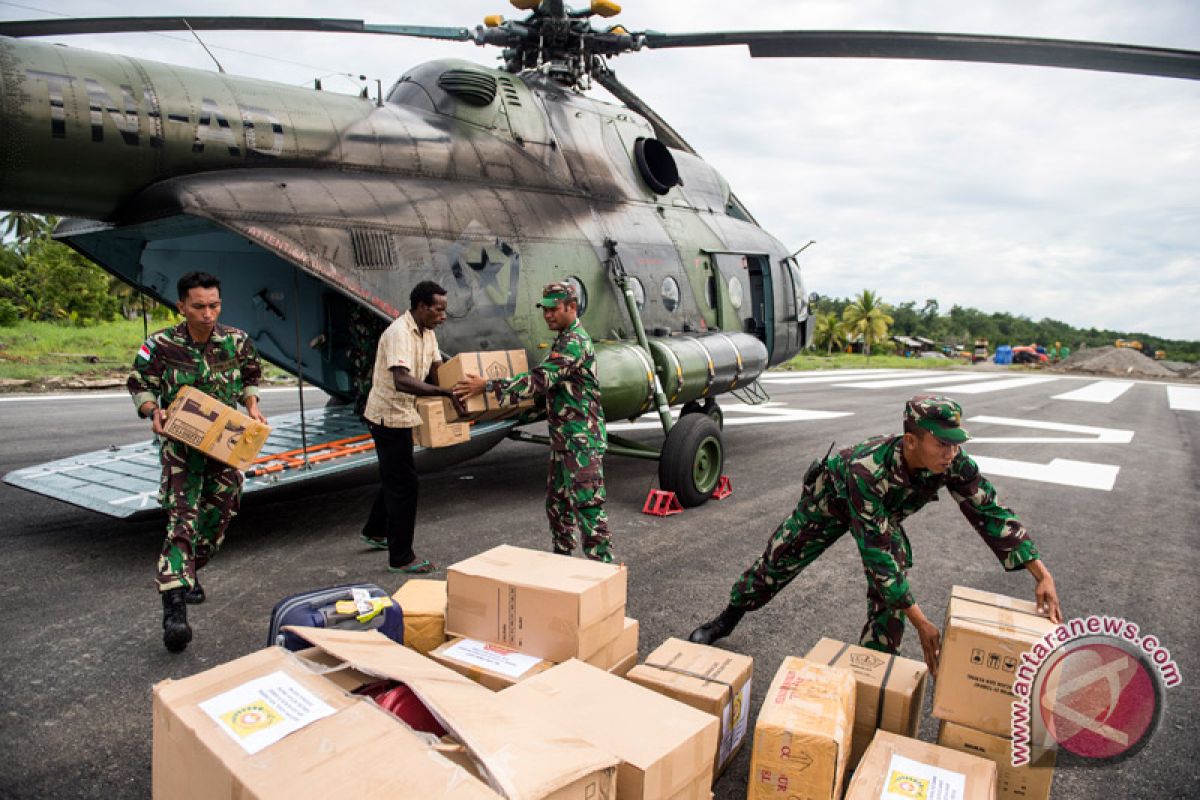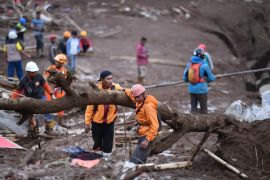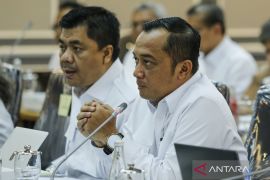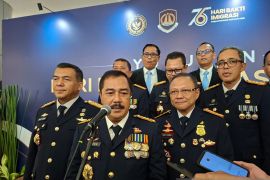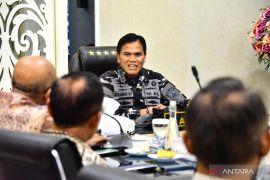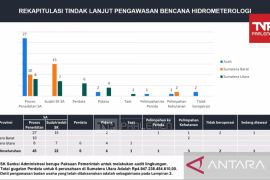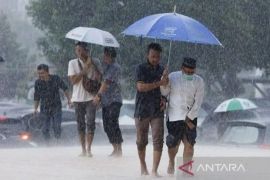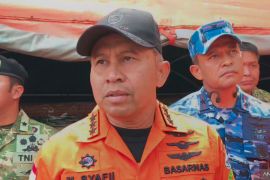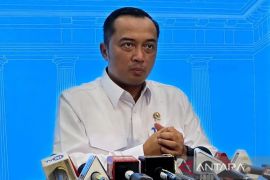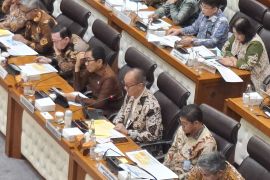But, this time, the world`s print and electronic media attention has nothing to do with Asmat tribe`s excellent works of wood carvings or other cultural heritage.
Instead, the media organizations have turned their attention to the district, which has be described by UNESCO as a World Heritage Site in 2011, after a measles outbreak and cases of malnutrition that had caused the deaths of at least 71 children.
Due to the negativity of this human tragedy, several media do not just provide their readers and audience with news and feature stories that they quote from news wire services.
They also deploy their own journalists to the district to enable them to see the real conditions and to gather information from various sources on the ground. The media play their role in meeting the people`s rights to know about this devastating reality.
As a result of emergency response and hard work of the local and central governments, along with various related parties, the extraordinary incident of the measles epidemic status in the district has been lifted.
However, the central government`s endeavors to deal with the malnutrition problem continued, in which the Indonesian Health Ministry pledged to continue its community-based nutrition program called "Family Nutrition Improvement Program" there.
This devastating reality is indeed a wake-up call for all related parties within the government bodies and the Asmat tribe members. For the district and provincial governments, this human tragedy has revealed that the huge amount of the special autonomy funds, which the central government has been disbursing to them over these past years, remain unable to make Papuan people prosperous and create a high human development index.
The fact that the ill-fated residents of Asmat District face serious health problems, as indicated by the recent measles outbreak and malnutrition cases, may not only be triggered by their unhealthy habits but also by the shortage of paramedics and medical doctors. Therefore, this human tragedy is indeed a lesson learned for Indonesia.
Both local and central governments must be able to ensure that such a tragedy will never recur in the district, whose areas are spread from the sub-districts of Agats, Atsj, Akat, Fayit, Pantai Kasuari, and Sawa Erma to the sub-districts of Suator, Kolf Brasa, Unir Sirau, and Suru-suru.
As recently suggested by Social Affairs Minister, Idrus Marham, a comprehensive, integrated, and sustainable solution needs to be sought to root out all factors that have triggered the extraordinary outbreaks of measles and malnutrition.
The significance of this integrated, comprehensive, and sustainable solution is obvious by considering other challenges that have contributed to the occurrence of this tragedy, including the remote location; lack of access to nutritious food and health and transportation facilities; as well as low economic level of the indigenous people.
For a short-term solution, the government`s family nutrition improvement program and presence of police and military doctors as well as a team of resident doctors, who have been deployed by the Hasanuddin University, for instance, to assist the needy in the district, are indispensable.
However, this effort is far from enough if it is not followed up by deploying sufficient number of full-time doctors and medical specialists in the community health centers in all sub-districts all over Asmat District.
As part of the Indonesian citizens, the Asmat people`s misery is shared by their fellow countrymen living far away from Papua Province. The University of Indonesia`s (UI) Student Executive Board (BEM UI) Chairman Zaadit Taqwa has shown his concerns over the deaths of malnourished children in Asmat District.
Apart from the fact that his controversial way of showing his concerns, by blowing a whistle and raising a yellow book in front of President Joko Widodo attending a commemorative event to mark UI`s 68th anniversary, has triggered pro and con views, the message is clear: the Asmat people are not left alone.
This human tragedy is expected to raise the awareness of local leaders and elites of the Papuan people about the dire need of working together for the sake of improving the welfare of their people.
Nicolaas Jouwe, a well-respected Papuan figure who left the Netherlands for residing in Indonesia after tens of years of his struggle for an independent Papua, has ever uttered: "One thing that I wish is working together with the Government of the Republic of Indonesia, the governor of Papua, and the people of Papua to increase the development of Papua Province and prosperity of its people." (Jouwe, 2012: xvi).
(T.R013/INE)
(T.R013/A/KR-BSR/A014)
Reporter: Rahmad Nasution
Editor: Heru Purwanto
Copyright © ANTARA 2018
